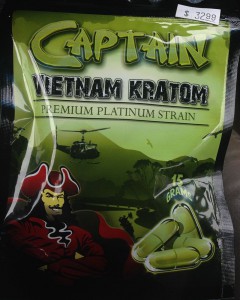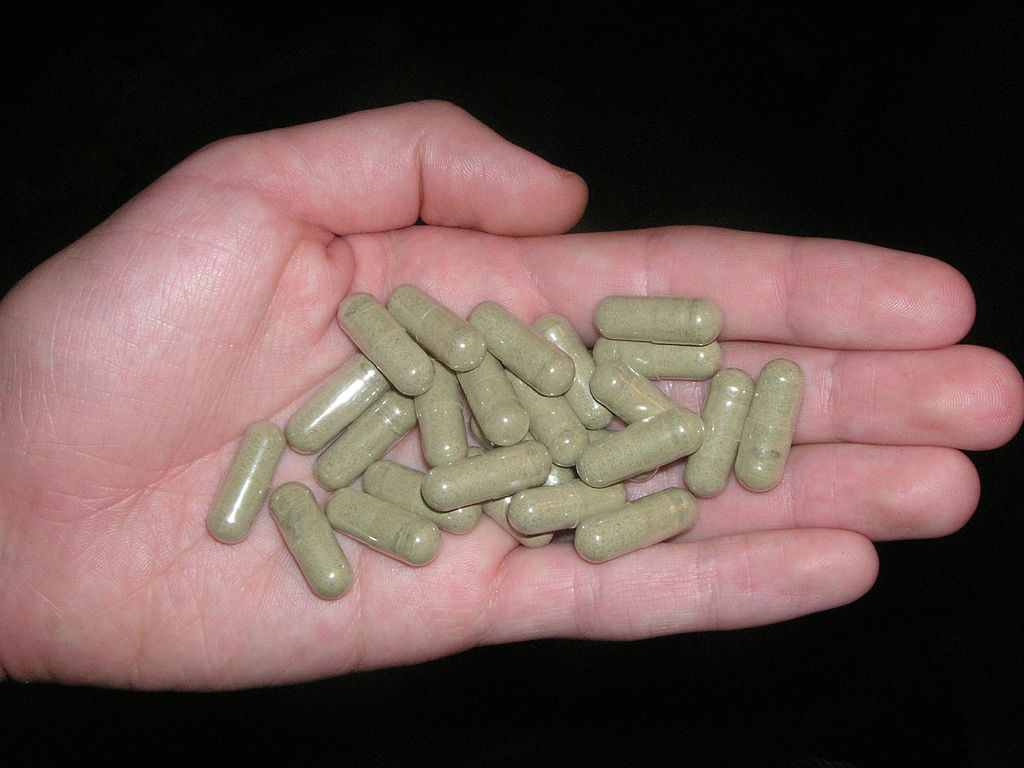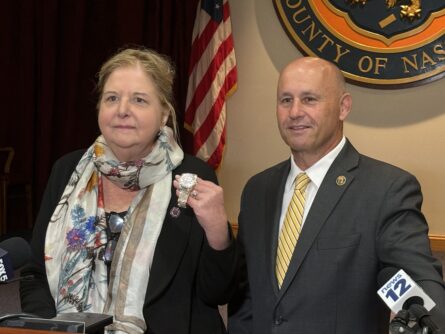Suffolk County and New York State lawmakers are considering proposals banning the sale of kratom, an herb imported from Southeast Asia that’s currently legal and can give users a feeling of euphoria.
Four state versions of the bill are currently pending in Albany and the Suffolk County Legislature has scheduled a public hearing on its proposal at its next meeting in Hauppauge on Tuesday. Speakers are expected to include backers of the bill concerned that kratom will compound the opioid epidemic as well as those who say the herb, which is categorized as a dietary supplement, is safe and has medicinal uses.
“It is the drug of the day, unfortunately,” Suffolk Legis. Steve Stern (D-Dix Hills), who’s term limited and running for Congress, told Meet the Leaders shortly before he proposed the bill in March. “It can cause a euphoria, it is like an opioid and unfortunately it can cause a lot of the same kinds of problems. It’s considered a gateway drug to the much harder drugs like heroin.”

The Food and Drug Administration, which reports seeing an increase in kratom shipments, banned the importation of kratom two years ago. While the Drug Enforcement Administration lists it as a drug of concern with no medicinal value, it is not listed as a controlled substance, meaning sale and possession of kratom are legal on a federal level. But five states nationwide have banned kratom, including Indiana, Tennessee, Vermont, Arkansas and Wisconsin—and six states besides New York are considering bans, according to the American Kratom Association (AKA).
The AKA, a nonprofit group founded two years ago to advocate against the kratom crackdown, maintains that the herb can be used safely as a painkiller, to combat fatigue and as an anti-depressant. The group’s founding director, Susan Ash, uses kratom to treat the symptoms of Lyme Disease. It is typically ingested in pills or tea and is described as a stimulant in small doses while acting as an opiate in larger doses.
“Unfortunately, the spread of misinformation, both scientific and anecdotal, about kratom has created a challenging regulatory environment,” the association says on its website.
In January, The New York Times ran a story headlined “Kratom, an Addict’s Alternative, Is Found to Be Addictive Itself,” recounting the stories of several habitual kratom users who became chemically dependent on the herb. Days after the story ran, state lawmakers proposed bills banning kratom. The state Senate appears poised to vote on its version of the bill, but the Assembly proposals have yet to be voted out of various committees.
If the Suffolk version passes, violators would face punishments ranging from fines up to $1,000 or one year in jail. The proposal follows Suffolk bans on synthetic cannabinoids—designed to give a marijuana-like high—and salvia, another herb that gives a “legal high” despite the failed attempts to ban it statewide. The state banned bath salts, a synthetic drug that made headlines for its users violent behavior, in 2012.
Kratom last made news on Long Island in 2012, when state Attorney General Eric Schneiderman sued several head shops in Nassau and Suffolk for selling mislabeled or unlabeled products, including synthetic drugs and kratom.
“The proliferation of synthetic drugs has become a crisis in Suffolk County, New York State and across the country,” Schneiderman said at the time.



































